'Your 18': Why the number is significant to Japanese pitchers
Earlier this season while waiting in the visiting Dodgers clubhouse in Cincinnati, I had a question for the Japanese reporters who follow and report on Shohei Ohtani and Yoshinobu Yamamoto. It was about the No. 18.
Just a few paces from where the press corps was gathered, Yamamoto's gray road jersey - featuring the No. 18 - was hanging in his locker.
Yamamoto and Shota Imanaga of the Chicago Cubs this year became the 12th and 13th Japanese pitchers to wear the No. 18 during their time in MLB according to Baseball Reference's records. It can't be a coincidence.
Yamamoto - who returned to the lineup from a shoulder injury this week - wore the number as a star in Nippon Professional Baseball and adopted it in the major leagues. The number was important enough that the New York Yankees held it open for Yamamoto as they courted him in free agency.
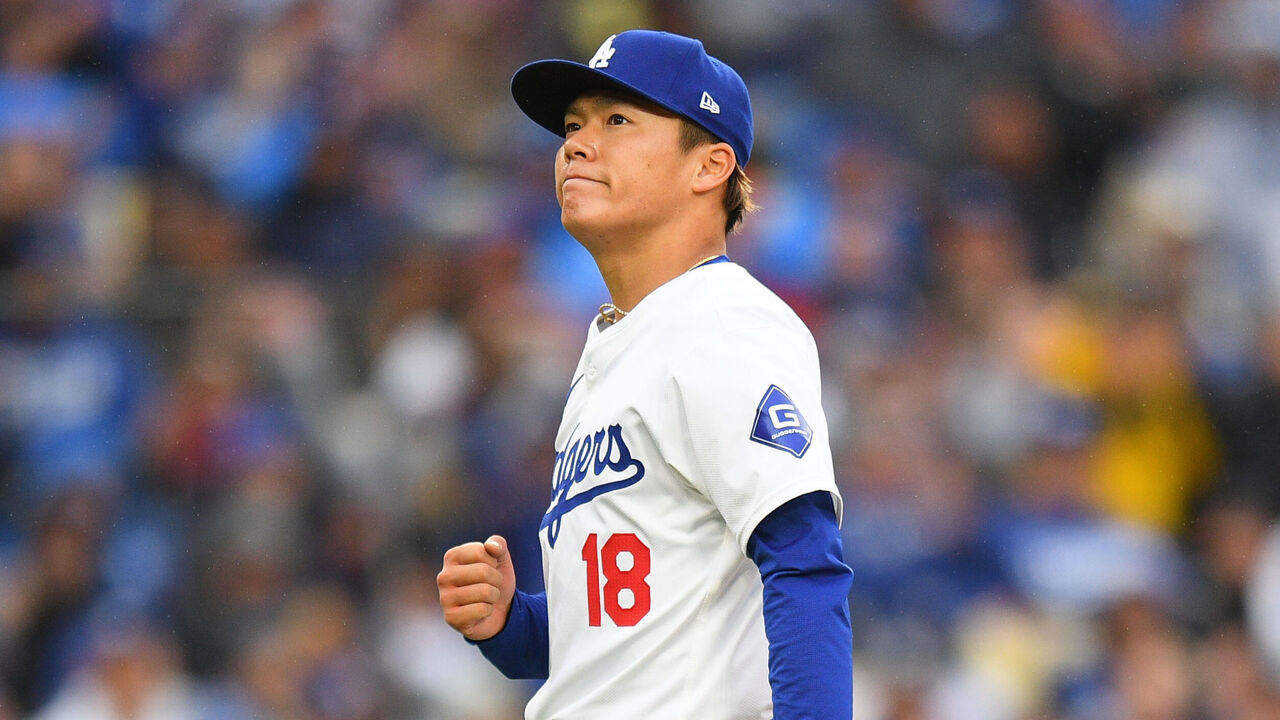
Daisuke Matsuzaka wore the number in 2007 after he joined the Boston Red Sox with great fanfare.
Masahiro Tanaka wore No. 18 in Japan and would have done so with the Yankees, but Hiroki Kuroda already had ownership of it in 2014. Tanaka took No. 19. Yusei Kikuchi also wore 18 while pitching for the Seattle Mariners earlier in his career.
Eriko Takehama, a reporter with Sankei Sports, explained that No. 18 is known as the "ace number" in Japan, but the numerical value also carries wider cultural relevance in her home country. Takehama said the number's cultural standing originates from another form of entertainment: classical theater native to Japan.
"It comes from Kabuki, the traditional entertainment," Takehama said. "The main act, what we call in Japanese the 'ohako,' is the No. 18. Eighteen is something that means, 'That's their best.'"
The significance of the number in Kabuki theatre is tied to a lineage of its most famous Ichikawa family of performers, whose history in the craft dates to the 17th century. The patriarch adopted the stage name Ichikawa Danjuro in 1675, and it has been passed down to various sons, grandsons, adopted sons, and sons-in-law ever since. Their signature collection of performances, the Kabuki Juhachiban - which translates to the 18 Grand Plays of Kabuki - is considered the Ichikawa family's seminal body of work.
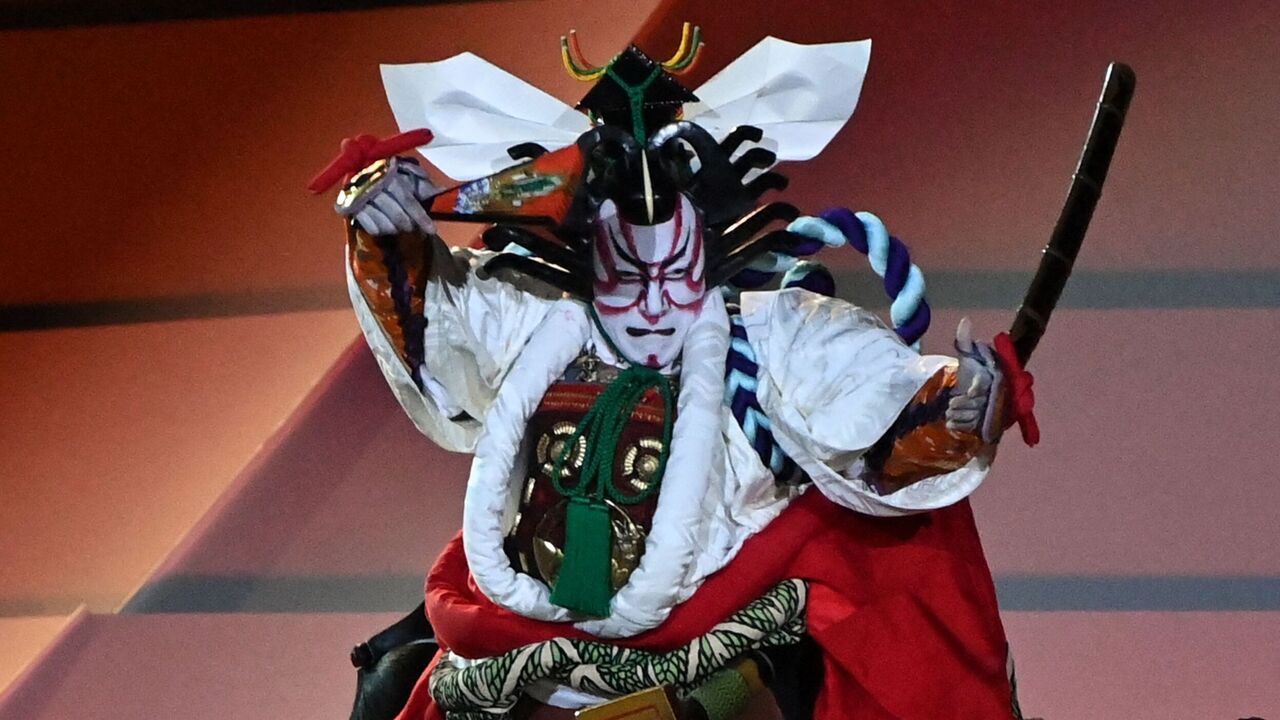
No. 18 later became meaningful to other aspects of Japanese culture.
Takehama said that when you're at a karaoke bar with friends in Japan and you're asked to perform "your 18," your friends want to hear your best song.
Eighteen is the only number Detroit Tigers right-hander Kenta Maeda has worn throughout his MLB career.
"Number 18 in Japan has long been considered an ace number," Maeda said through his interpreter. "It's been considered that a long time before I was born. I am not sure who started it, but it has long been considered the ace number."
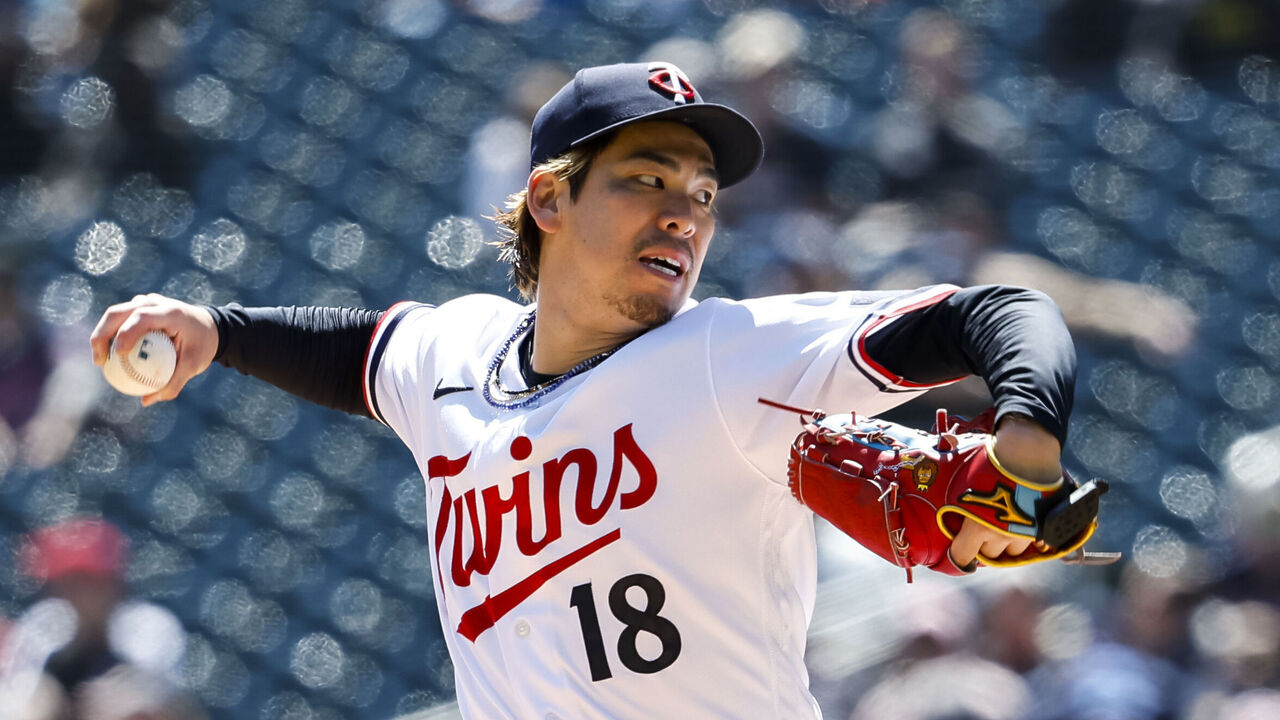
The first significant pitcher to wear the number in Japan was Tadashi Wakabayashi, a Japanese-American born in Hawaii, who pitched in the 1930s and 1940s. He compiled a 237-144 record with a 1.99 ERA in 16 seasons, winning the 11th most games in NPB history.
Masumi Kuwata's affinity for No. 18 in the 1980s and 1990s with the Yomiuri Giants further elevated the number, Takehama said. Kuwata won 173 games and earned the NPB equivalents of the Cy Young and MVP awards before ending his pro career in 2007 with the Pittsburgh Pirates.
"He was pretty famous," Takehama said. "He was the ace of the Giants, which is one of the iconic franchises in Japan. Kind of like the Dodgers."
Jersey number selection is also an important aspect of baseball culture in Japan.
"When you are traded and go to a new team, the one question Japanese media asks that American media never asks is, 'What is your number?'" said Junko Ichimura, who's been covering Japanese players in North America since Hideo Nomo's second MLB season in 1996. "It is so important. If you are 18, that's really exciting."
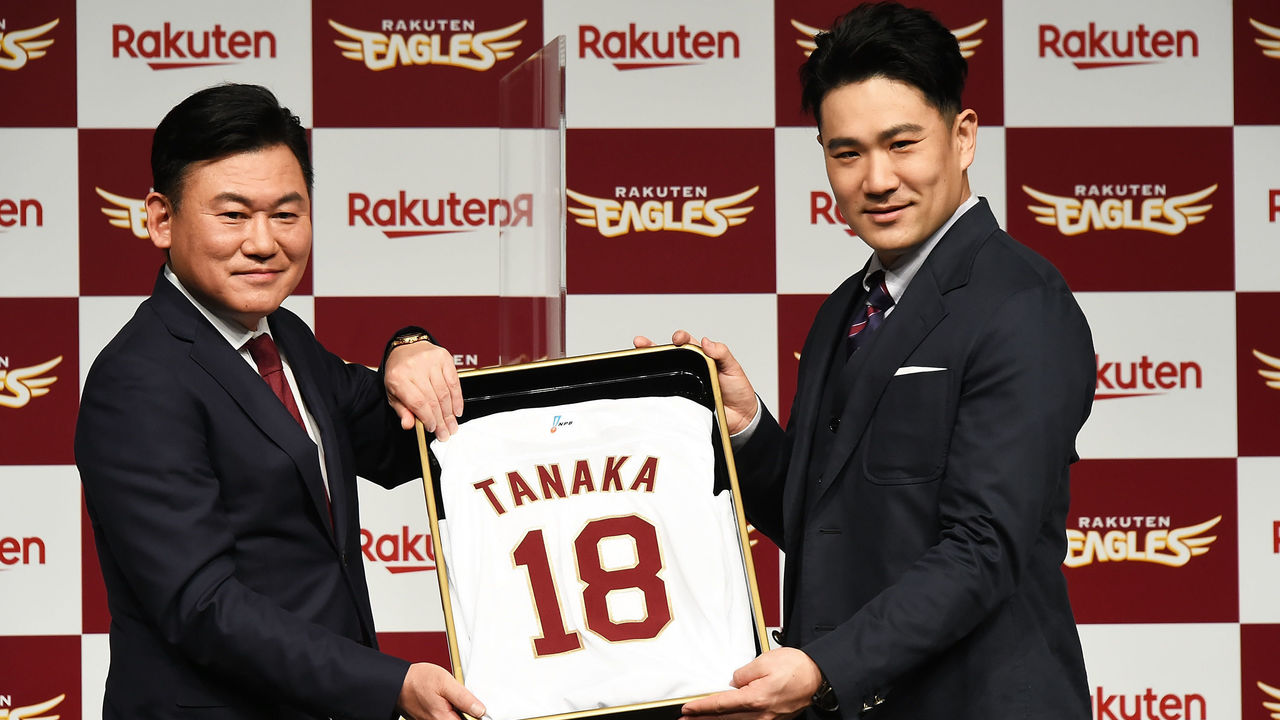
Maeda said that in the majors, players select their jersey numbers, but in Japan, particularly with meaningful numbers, the team will choose numbers for the players.
"In Japanese baseball, the number you wear on the back of your jersey carries great significance. If you go for a single-digit number, or 18, the team will give it to you," Maeda said. "You have to earn it through putting up results, through track record.
"For example, Ichiro and his No. 51. With the great success he had, any team that gives 51 to a player, especially his old team he played for, you'd want to pass that on to a player who has the potential to perform like an Ichiro. The Yomiuri Giants, with (Hideki) Matsui, he wore 55 when he was there, so they would typically hand off 55 to a slugger prospect."
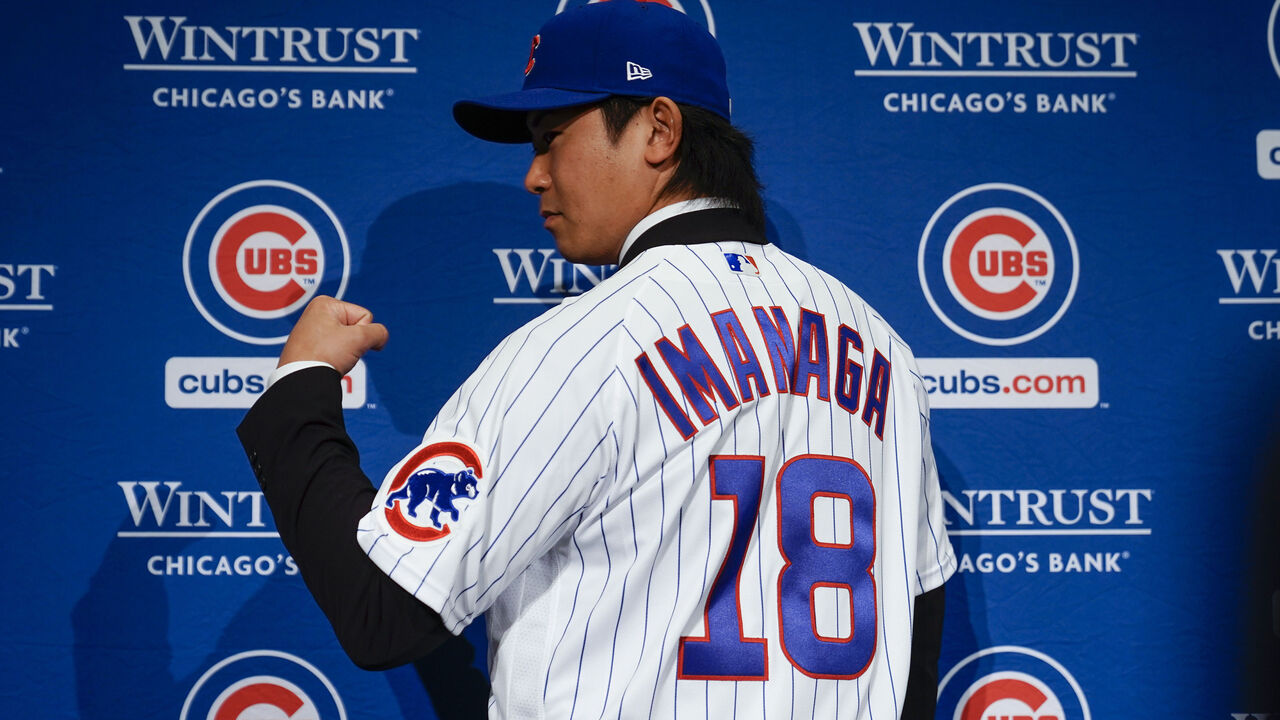
The team's involvement in number selection is also due to large roster sizes in Japan. The 70-man roster includes all players - prospects and top-level regulars - under club control. Those roster sizes mean numbers are rarely retired by teams. There are only 16 such cases in the entire league.
In the major leagues, No. 18 is often available since it lacks significance in North America. The list of MLB players who wore No. 18 for significant portions of their careers is topped by Johnny Damon, Ben Zobrist, and Moises Alou.
When Maeda was traded from the Los Angeles Dodgers to the Minnesota Twins in the spring of 2020, Twins catcher Mitch Garver was wearing the jersey. Maeda had a clause in his contract that he had the right to wear No. 18.
"He didn't know that clause was in there," Maeda said. "He was happy to hand it off. There wasn't a tough negotiation."
Travis Sawchik is theScore's senior baseball writer